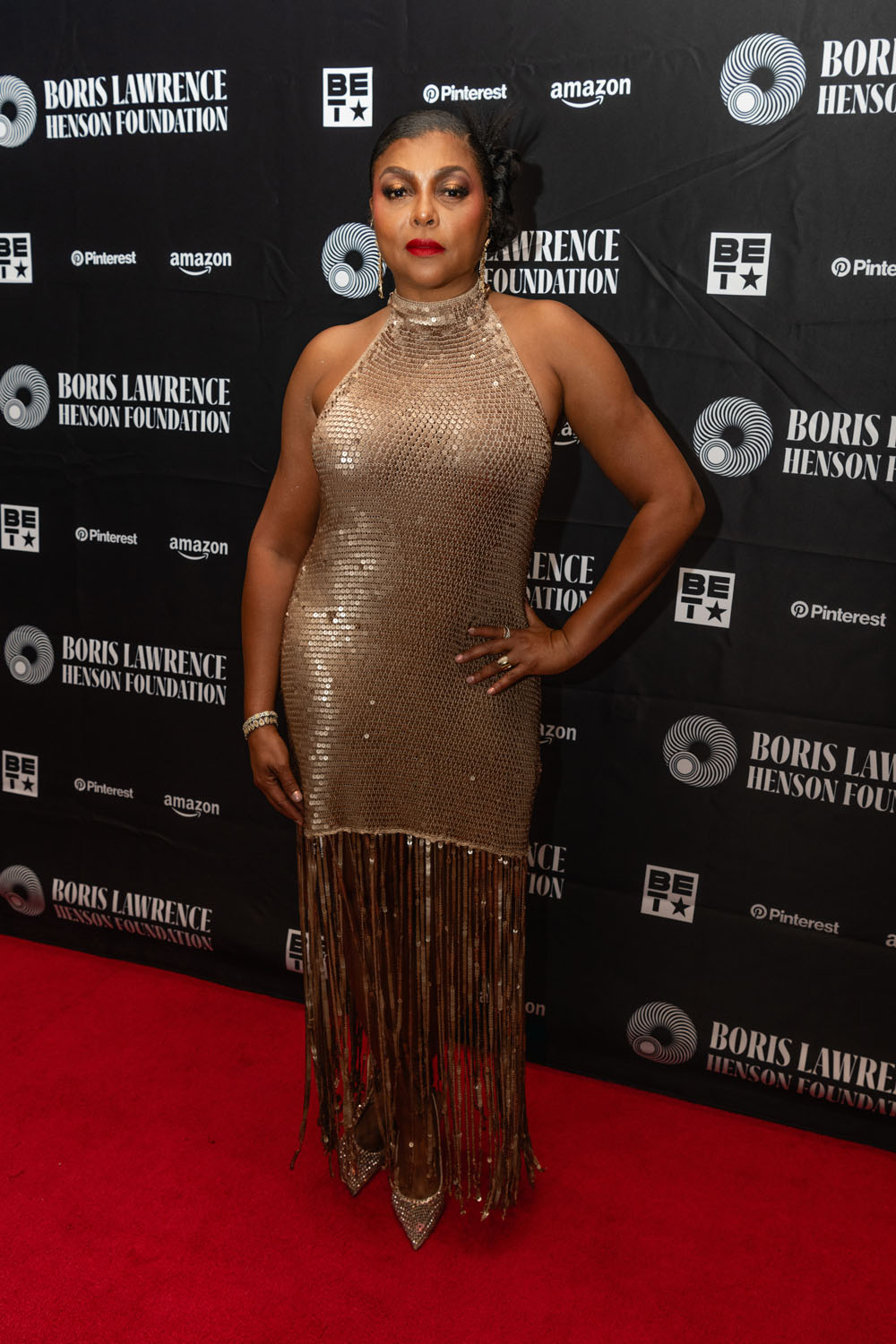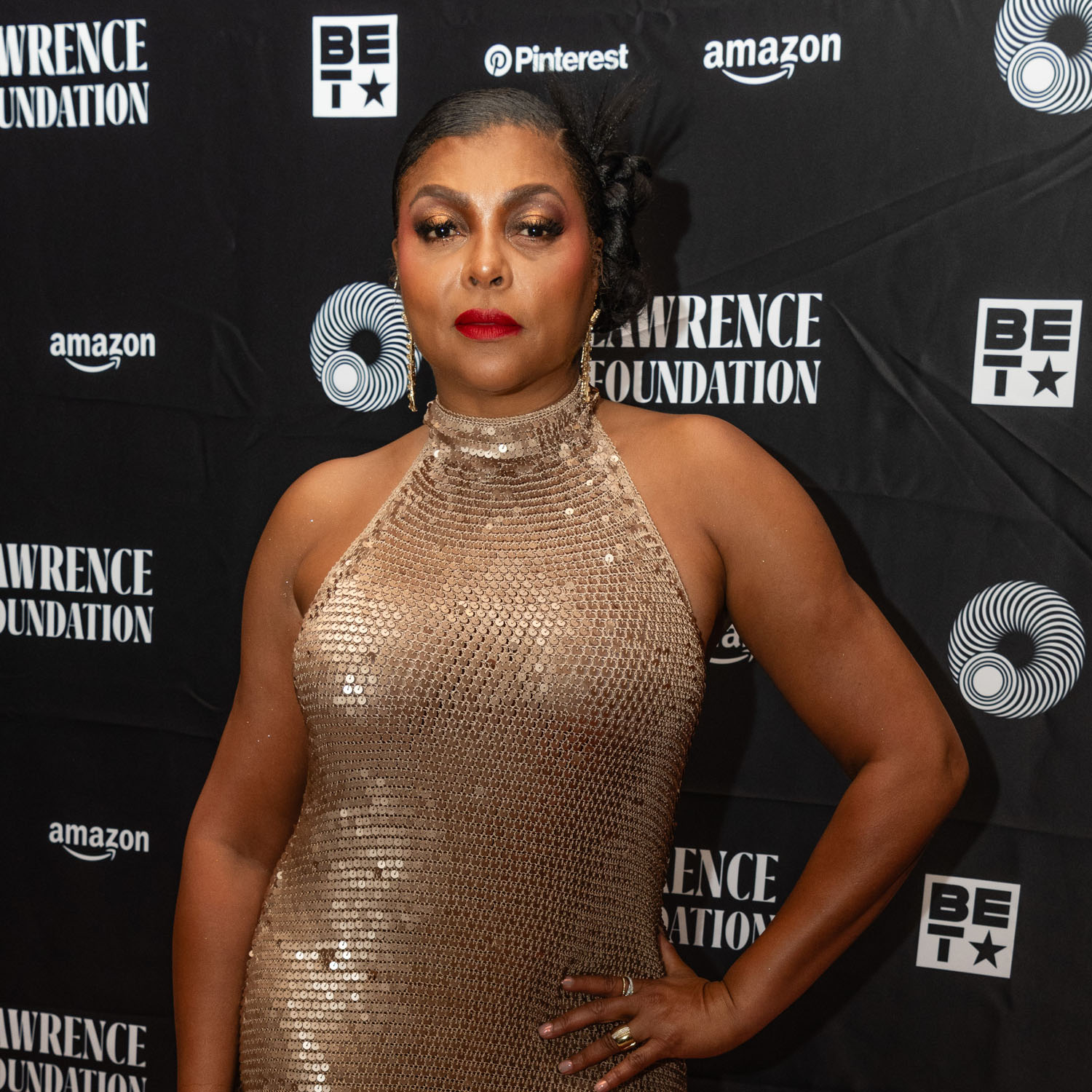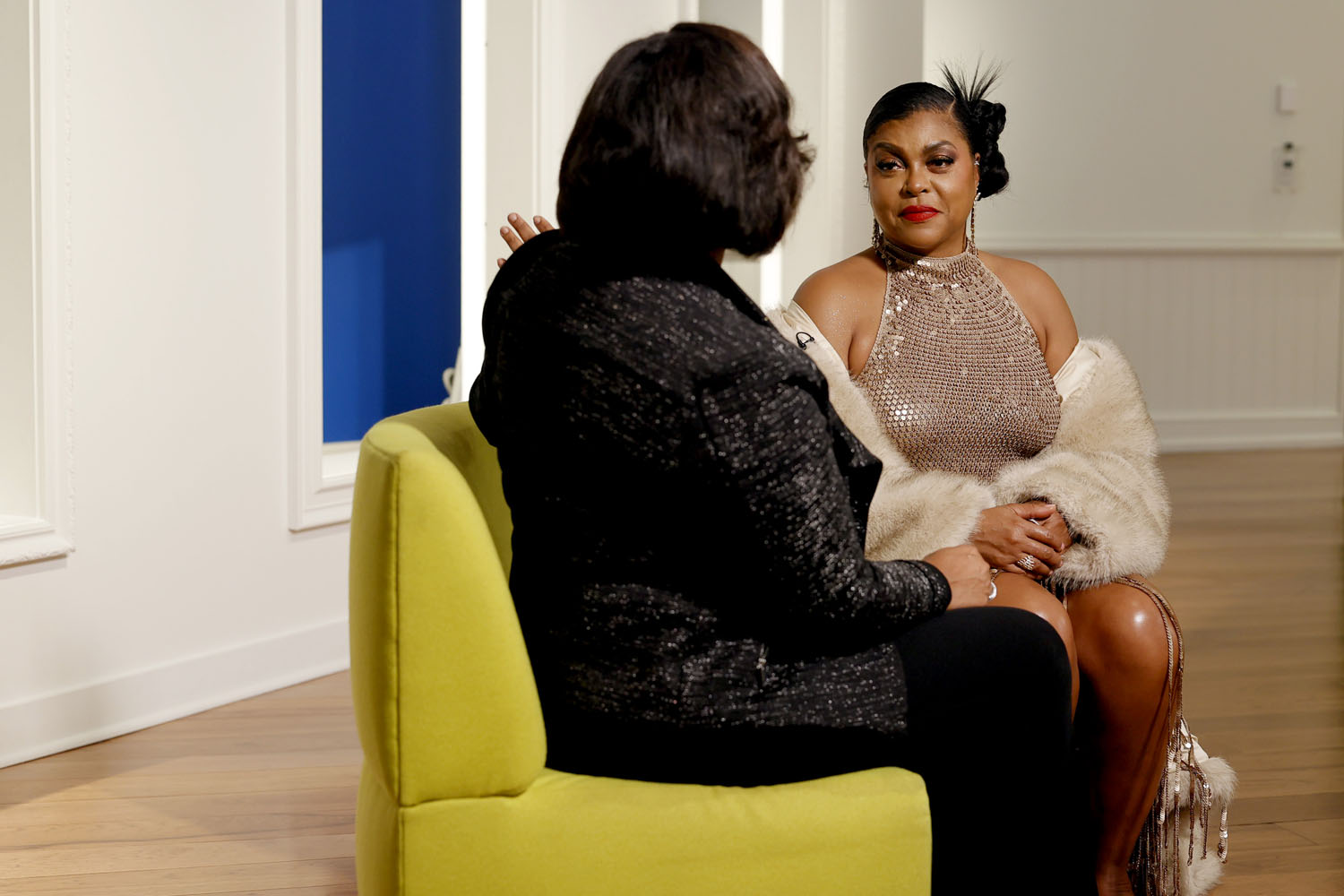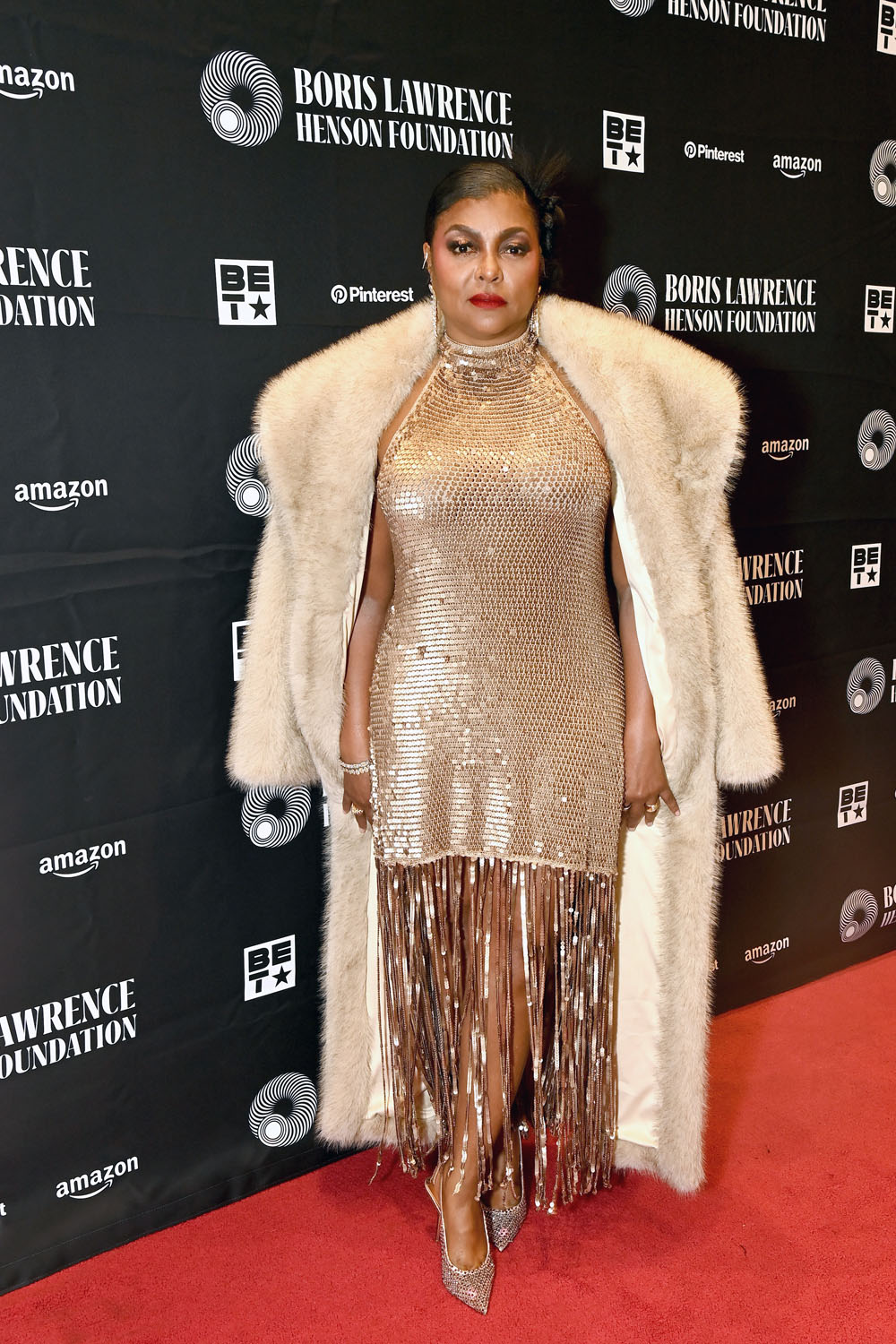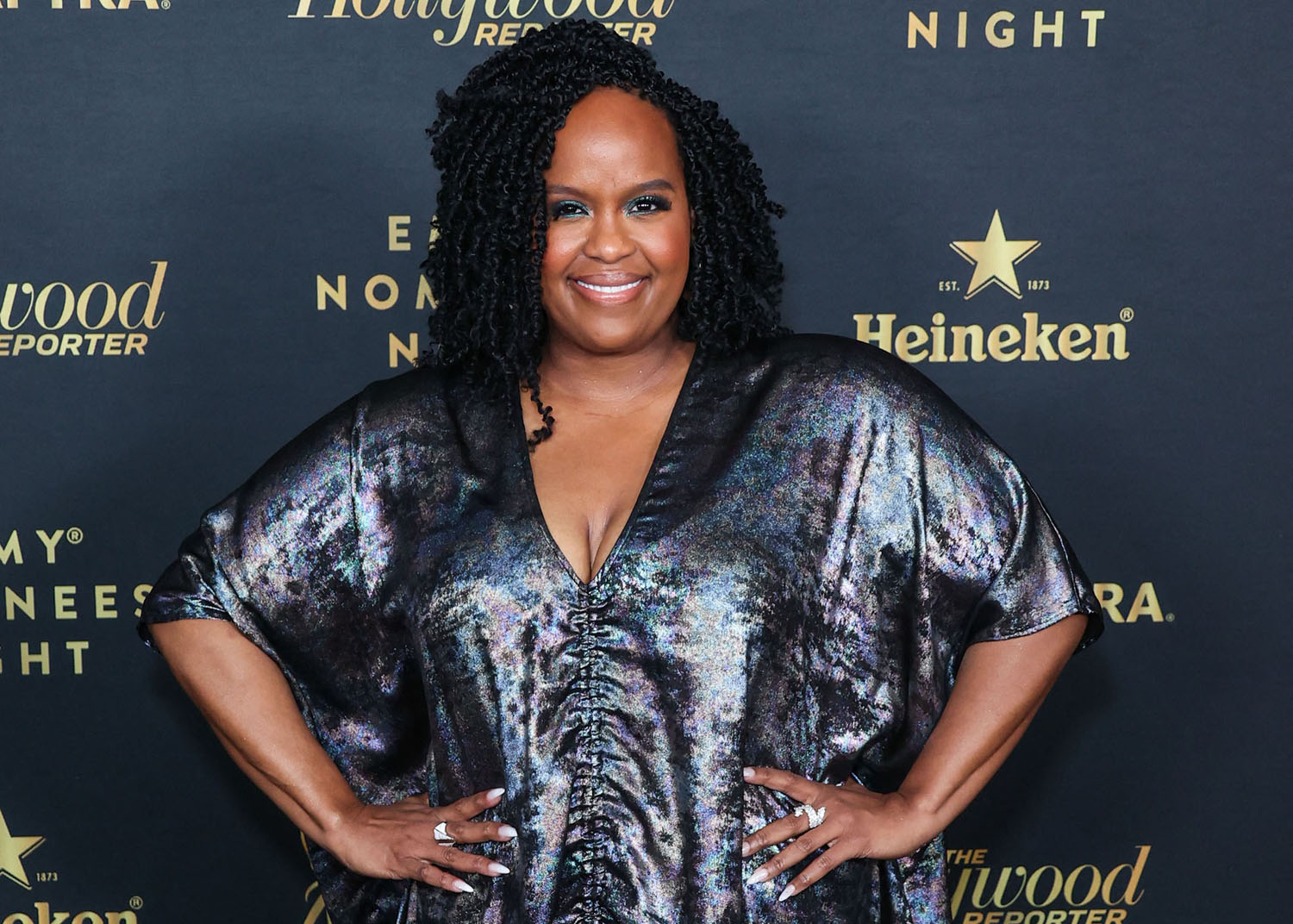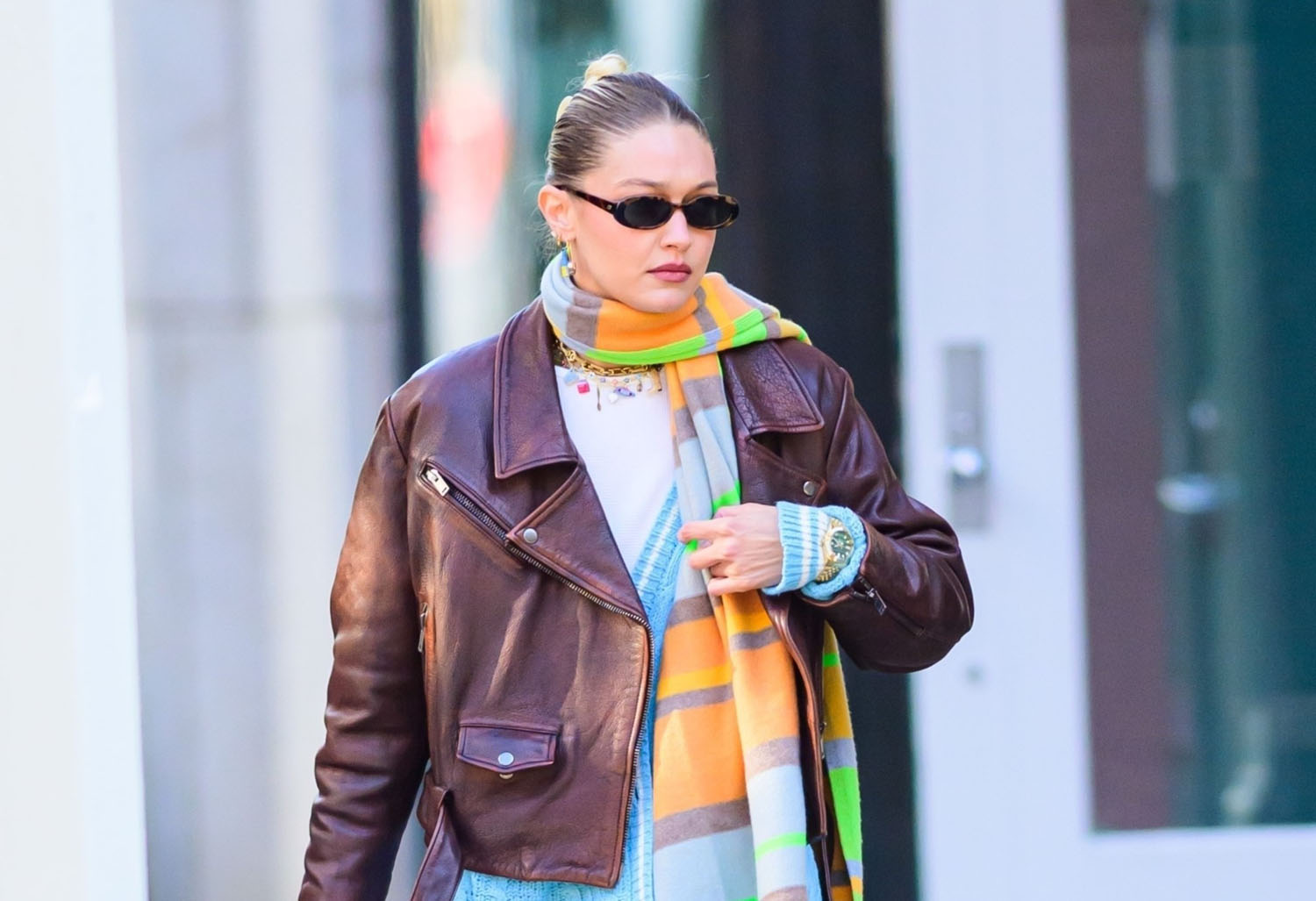Taraji celebrates room for everyone


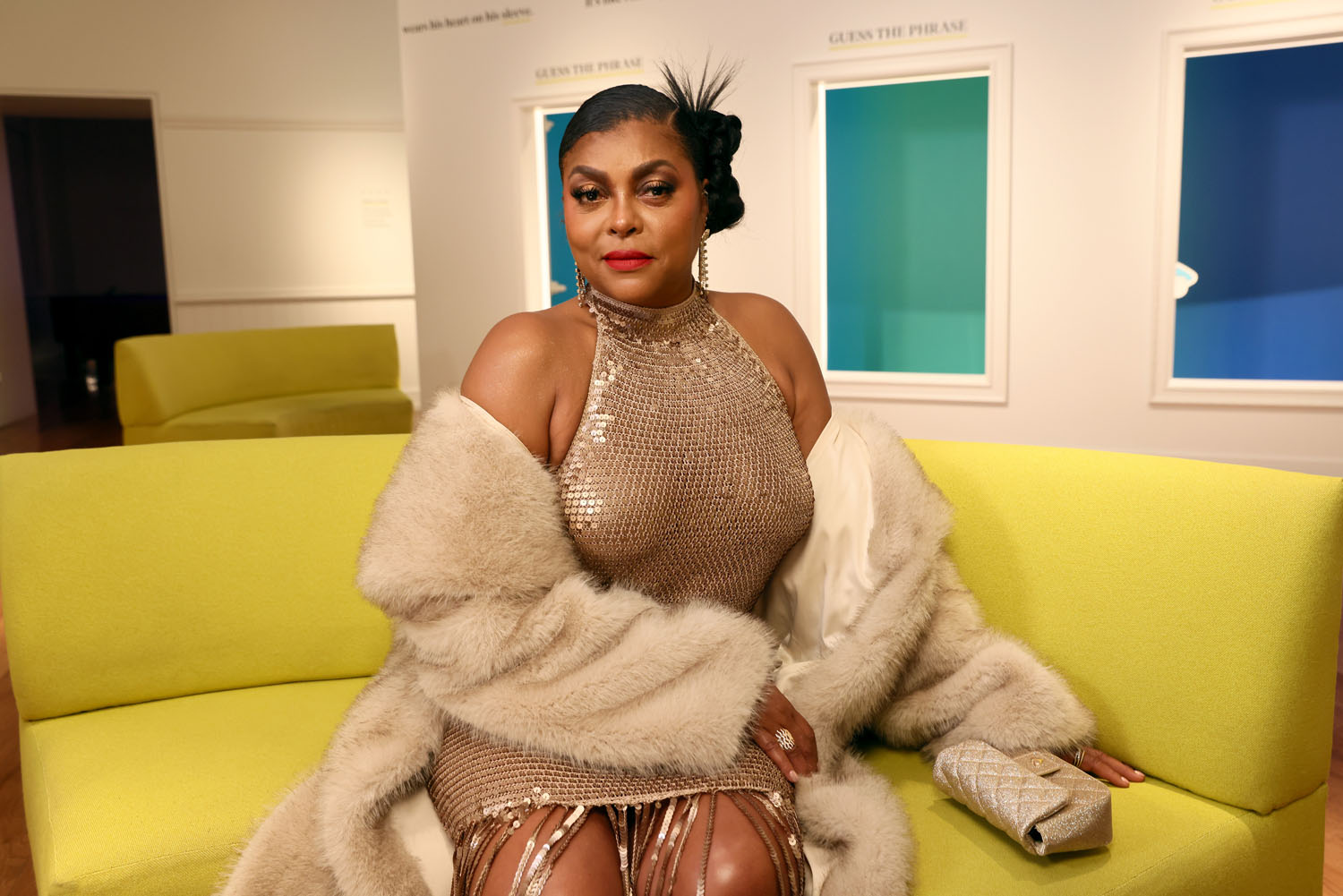
Taraji P. Henson is touting the success of the swath of recent Black women celebrities that have become owners of Black haircare and beauty lines.
Back in 2020, she launched her own haircare line, TPH by Taraji. She was inspired by wanting wash day to be less of a chore and more of an opportunity for self-care, particularly during the pandemic when self-care was one of the very few things we could indulge in and look forward to.
While I have always loved Taraji, I’m concerned the sentiments she’s expressing about Black hair care and the recent success of Black beauty brands don’t include some really necessary context and considerations. In a recent profile by Los Angeles Times, she was quoted saying:
“No one cared about our hair but us and now, all of a sudden, you got all these big brands, now they got natural [hair] commercials.”
There are implications that come with equating the recent boom in Black women celebrity-owned hair and beauty brands as the sudden prioritizing of actual Black hair care in the beauty industry – and unfortunately, we know that’s not the case, and a lot of it is performative.
Though there’s no doubt there’s been a sudden boom, with stars like Tracee Ellis Ross developing Pattern, Issa Rae and Hannah Diop’s Sienna Naturals, Gabrielle Union’s Flawless and Tia Mowry’s 4U, they certainly aren’t the only Black brands that have been in the market.
Despite Shea Moisture’s very recent popularity, the legacy began in 1912, as the company was inspired by Sofi Tucker, who sold her beauty products to be able to support her family in Sierra Leone. And I’m sure every family has had a tub of Queen Helene products in the house at some point in time. These products started being sold in 1930!
Even as a child, I remember going to the hair store and seeing shelves upon shelves of hair care products designed specifically for Black hair, products I would never see in a Walmart or Target. Now, you don’t really have to go to a specific store to buy products for Black hair and it’s not unlikely that you can find what you need in those large department stores – a day many of us never thought we’d see. But I can’t help but question the cause of that, and I don’t think it has anything to do with Taraji’s assertion that people other than us have actually started to care about our hair.
I think it has to do with finally realizing how much money Black people spend on beauty. According to the Los Angeles Times piece, Black consumers spent $6.6 billion on beauty products in 2022, which equates to 11.1% of the total U.S. beauty market. Imagine spending all that money and still not having access to the products you need? The article also cites that only 4% to 7% of beauty brands carried in stores are Black-owned.
“Black-owned or -founded brands contributed only 2.5% of revenue in the industry and raised a median of $13 million in venture capital, while non-Black brands raised $20 million, according to the report,” the article reads.
This issue of non-Black brands turning such a disproportionate profit has become a huge problem for consumers, particularly after 2020 when more people became interested in supporting smaller, local businesses owned by Black or Indigenous people. And to be honest, it’s kind of the problem with Black celebrities starting to saturate the beauty and hair industry, particularly with concerns over their actual level of involvement. Are they just the face of companies that hire white chemists behind the scenes?
On top of these concerns, celebrity entrepreneurs endanger the smaller business owners because they can afford the fancy packaging, they’ve got the budget for marketing and because of their sheer level of fame and celebrity, they are walking advertisements for their brands – a luxury many smaller business owners don’t have. Those commercials Taraji is talking about that feature natural hair? It’s an astronomical cost for small businesses that make their products at home. But it’s pocketchange for someone with the wealth of Issa, Gabrielle and Tracee.
This is part of the reason why smaller businesses that grow enough to be recognized by larger beauty and pharmaceutical companies are quick to sell their companies when the opportunity arises. They don’t know when that opportunity will come again, and time is of the essence now that there are some real heavy hitter competitors swarming the scene. This is something that caused an uproar for a lot of fans of the brand Mielle earlier this year.
Back in January, founder Monique Rodriguez announced on Instagram that she was now in partnership with P&G beauty after landing a multi-million dollar deal. People flooded the comments with remarks like:
“Congratulations!!! But unfortunately, I only buy BLACK OWNED hair products.”
“I’m happy for you *please don’t let them white folks change your formulas* and all you success.”
“Will the formulas stay the same? I’ve consistently used Mielle for years and I love what it’s done for my hair but there is always that fear that when companies partner with big conglomerates the quality becomes the second or third priority to profits.”
That last comment highlights a valid concern, the same one I mentioned above about who, actually, is crafting the products. But besides that conversation, this business deal also sparked a lot of chatter about Black businesses, and not just in the beauty and haircare industry but as a whole. Success can be so hard sought after, but when you finally get to the level of success where you can sell your company in multi-million dollar deals, you often end up facing harsh criticism from your longest-standing supporters.
Shea Moisture experienced the same thing back in 2017. After hitting shelves in 2008, founder Richelieu Dennis made a $1.6 billion deal with Unilever a few years ago and upon making the deal, was called a “sellout”. It really is a double-edged sword.
“If there’s space for L’Oréal and Maybelline and CoverGirl to exist, why can’t we all coexist?” Taraji said. “I love when I see videos, and they will have my products, they will have Mielle, they’ll have Pattern, they’ll have Carol’s Daughter, Miss Jessie’s. I love to see it because there’s space for all of us.”
My solution to this was to suggest that more celebrities focus on partnering with pre-existing Black beauty brands, rather than establishing their own. There’s something admirable about lending your status and audience to a business owner that could really benefit from it, rather than become their competitor. But perhaps viewing these other brands as competition, rather than just brands that also exist is also part of the wider issue of not understanding Black hair. There is a customer for every business. There is a head of hair for every product. And I suppose Taraji is right. There is room for all of us.

